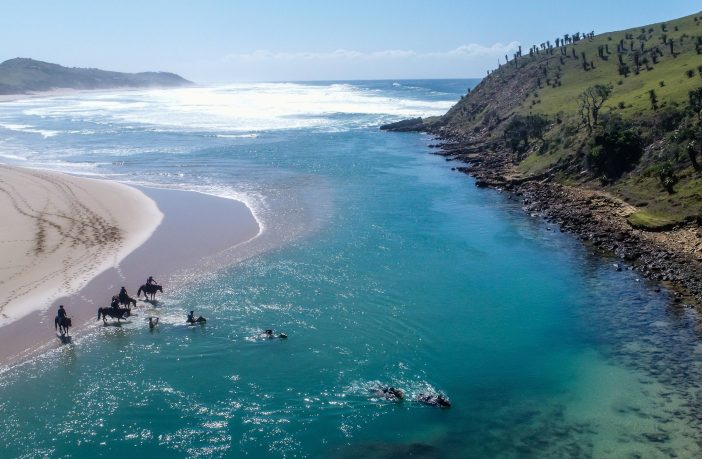- The potential for seismic surveys to cause irreparable harm to the marine environment during December (and particularly to migrating hump-back whales and other cetaceans) , was the central issue in the (virtual) hearing before Mr Justice Govindjee of the Eastern Cape High Court in Grahamstown yesterday.
The Applicant’s advocate, Willie Duminy SC argued that the approved environmental management programme (EMPr) for the seismic surveys makes it clear the survey should not be undertaken during December, unless that cannot be avoided, and that Shell had not established that undertaking it now was unavoidable. Furthermore, the necessary mitigation measures were not taken – in particular many fishing organizations were not informed of the surveys as the EMPr required, and there was no evidence of any attempt to identify and inform potential interested and affected parties.
Counsel for the Minister of Minerals and Energy and for Shell both argued that the applicants had neither proved that the seismic surveys would cause significant harm nor that the harm would be irreparable. Shell also argued that if an interim interdict were granted stopping Shell from starting the surveys in December, it would not be able to complete the surveys within the “window” of suitable time within 2022. Shell argued that it may then have to walk away from the project and that would be detrimental to it, and to the country. Shell’s advocate also argued that the applicants had deliberately brought the case on a “hyper urgent” basis in order to gain an unfair advantage and obtain an interim interdict that would achieve the ulterior objective of effectively stopping the project.
In summing up, counsel for the Applicants emphasised that the law regulates seismic surveys and requires mitigation measures to be taken, precisely because they are harmful to the environment. Shell’s own EMPr establishes that harm will occur and the interdict should not be refused on the basis that the degree of harm was insufficient. He argued that Shell was not taking all the mitigation measures required by law and it would be argued at the review stage that Shell does not have the environmental authorisation that it requires under the National Environmental Management Act . He also pointed out that the applicants were motivated by a desire to protect the coastal environment, and had to make an urgent application because Shell was unwilling to give any undertakings that it would not commence the surveys during December in order to reduce the risks to cetaceans. The accusation that the applicant’s attorneys had in some way improperly delayed launching the application was simply false, and the allegation that they sat back and did nothing for three weeks was outrageous.
The judge reserved judgment and indicated that he would deliver the judgment at 9.00 am on Friday.
Author: Bryan Groenendaal
Source: Natural Justice















